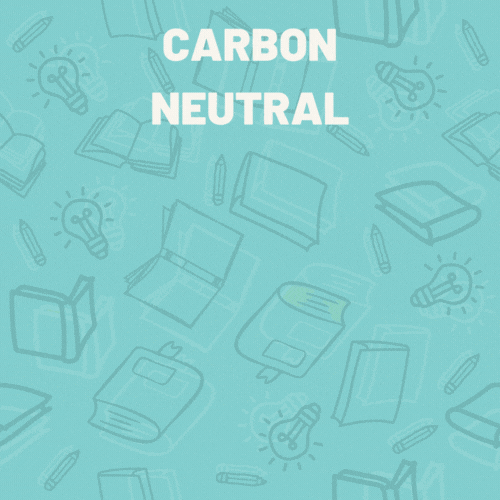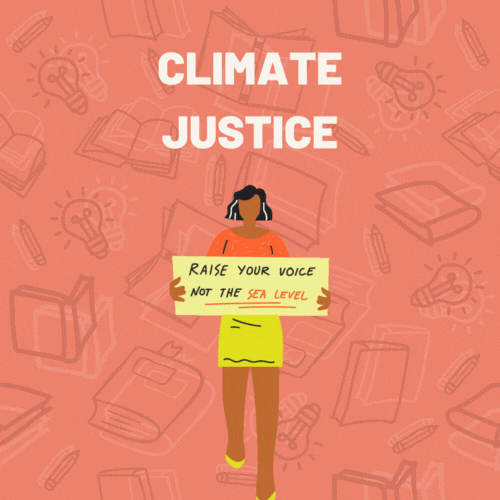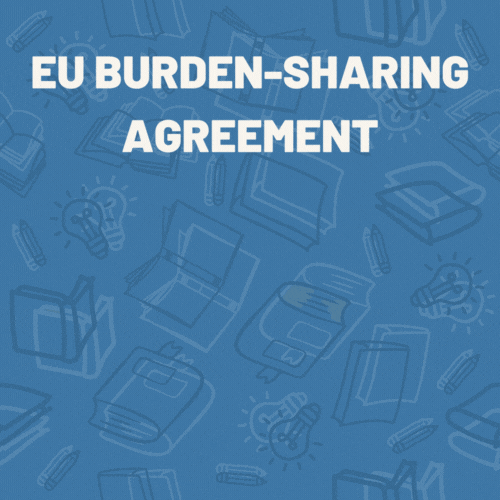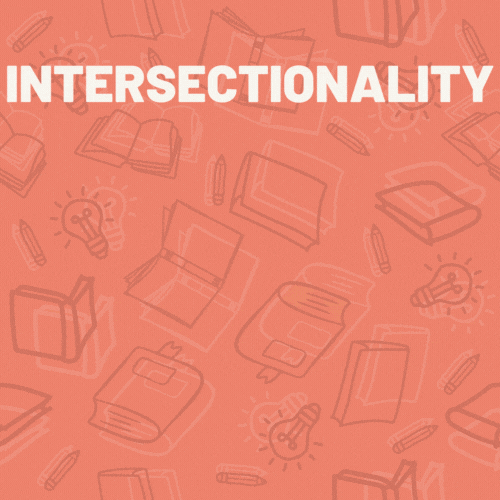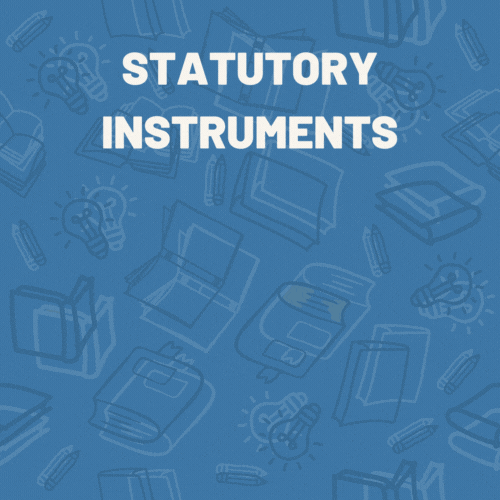Jargon Busting
What is the Paris Climate Agreement and how does it differ from the Kyoto Protocol? What does a ‘Just Transition’ mean?
Some of the language surrounding climate change policy and politics can be confusing and people use terms which can be difficult to understand.
Use this glossary to decode it.
Adaption
Climate change is already happening. Heat waves, wildfires and floods are getting worse. People will have to find ways to live with these threats. That's what ‘adaptation’ refers to.
Examples of adaption are building sea walls around coastal cities, building or re-enforcing walls on the coast or warm areas, planting trees to provide shade and so on.
Additional Member System
This is a type of electoral system which divides votes into ‘constituency’ and ‘regional’ categories.The constituency vote is done on a first-past-the-post basis, while under the regional system, additional members are elected proportionately based on their share of the vote. This electoral system is used to choose MSPs for the Scottish Parliament.
bACKBENCHERS
MSPs, MPs or Members of the House of Lords that are neither government ministers nor opposition spokespeople. They sit in the rows of benches behind their parties' spokespeople who are known as frontbenchers.
BILL
A bill is a proposal for a new law, or a proposal to significantly change an existing law. In the UK Parliament, a bill may start in either the House of Commons or the House of Lords and must pass a series of stages in each of the Houses. Once the bill has passed all of the stages in both Houses, it receives Royal Assent and becomes an Act of Parliament.
Carbon Budget
The total amount of carbon that can be released into the atmosphere before breaching a given level that would lead to global heating beyond manageable limits.
Carbon Capture and Storage (CCS)
CCS refers to capturing carbon dioxide — typically when it is close to the source of emissions, such as at the smokestack on a power plant — and then permanently storing (or sequestering) the CO2, for example by injecting it underground.
Carbon Neutral
Carbon neutrality is achieved when CO2 emissions created as a result of human activity are balanced globally by anthropogenic carbon dioxide removals over a specified period. Carbon neutrality is also referred to as net-zero carbon dioxide emission.
Circular Economy
In a circular economy, resources continue in circulation through reuse, recycling, and reformation, ultimately eliminating waste by designing it out of the system. This is an alternative to a traditional linear economy (where items are made, used and disposed of). A move to a more circular economy is greatly needed as there are major environmental issues associated with a traditional linear economy.
Climate Justice
Climate Justice is about recognising the interconnectedness of the struggles between injustice and climate change and in doing so, fighting for solutions to the climate crisis that create a fairer world. Indian activist Disha Ravi described climate justice as “a fight alongside those who are displaced; whose rivers have been poisoned; whose lands were stolen; who watch their houses get washed away every other season; and who fight tirelessly for what are basic human rights.”
Coalition
An arrangement between more than one political party/group, usually to form a government. This would usually happen when no party wins more than half of the seats in the Parliament.
Constituency MSPs
These Members of the Scottish Parliament (MSPs) are elected to represent one particular Constituency, or local area in Scotland. There are 73 of them who are elected using the First Past the Post voting system.
CO2 Removal
Carbon dioxide removal methods refer to processes that remove CO2 from the atmosphere by either increasing biological sinks for CO2 absorption or using chemical processes to directly bind CO2.
Cross Party Groups
These are informal, cross-party groups formed by MPs and Members of the House of Lords who share a common interest in a particular policy area, region or country. While they are not official parliamentary committees, these groups can sometimes be influential because of their non-partisan approach to an issue and the fact they have representatives from both the House of Commons and the House of Lords.
dangerous climate change
This term was introduced by the 1992 UN Framework Convention on Climate Change, which aims to prevent "dangerous" human interference with the climate system.
It refers to climate change which has a negative effect on societies, economies and the environment.
Devolution
Devolution is about the transfer of power by a central government to local or regional administrations. In the UK, there are distinct legislatures and governments in Scotland, Wales and Northern Ireland, which have powers to make law over a range of policy areas which had previously been the preserve of the UK Government.
If you would like to find out what the UK Government and the Scottish Parliament are responsible for click here (URL required)
Emissions Trading Scheme/System (ETS)
Emissions trading works by way of setting a cap on the total amount of greenhouse gases that can be emitted by polluters and issuing allowances accordingly. The cap is reduced over time so that total emissions fall. Carbon allowances can be bought at auction and traded, and these markets determine the carbon price. Each unit traded is meant to cover a tonne of carbon emitted.
EU Burden-sharing agreement
A political agreement that was reached to help the EU reach its emission reduction targets under the Kyoto Protocol. The agreement divided the burden amongst member states, taking into account greenhouse gas emissions at the time, the opportunity for reducing them, and countries' levels of economic development.
First Past the Post
First-past-the-post is a type of electoral system where the candidate with the largest vote percentage is elected (without needing to pass a threshold number of votes). In the UK, it is the system used for the election of MPs to the House of Commons, for Constituency MSPs, and for some local government elections.
Green Papers
These are consultation documents produced by governments. The aim of these documents is to allow people, both inside and outside Parliament, to give the department feedback on its policy or legislative proposals. Copies of consultation documents such as Green Papers are available on the relevant departmental websites.
Greenwashing
Greenwashing refers to when companies superficially attempt to make themselves look environmentally friendly, regardless of whether or not they really are environmentally friendly.
Intersectionality
Intersectionality refers to the interconnected nature of race, class, gender, sexuality and the overlapping nature of injustices affecting those communities.
IPCC
Intergovernmental Panel on Climate Change is a scientific body established by the United Nations Environment Programme and the World Meteorological Organization. It assesses scientific, technical, and socio-economic work relevant to climate change, but does not carry out its own research.
Just Transition
A just transition means moving to a low carbon economy in way that is fair for everyone and protects workers’ livelihoods. This includes supporting those who could stand to lose economically, including communities or individuals reliant on high carbon industries (e.g those working in the oil and gas industry).
Kyoto Protocol
The Kyoto Protocol was a protocol attached to the UN Framework Convention on Climate Change. The protocol sets legally binding commitments on greenhouse gas emissions. Industrialised countries agreed to reduce their combined emissions to 5.2% below 1990 levels during the five-year period 2008-2012. It was agreed by governments at a 1997 UN conference in Kyoto, Japan, but did not come into force until 2005.
Lobby
To lobby is to make the case for a particular policy, cause or group directly to a government Minister or a member of either House in the Parliament, with the aim of influencing their decisions.
Paris climate agreement
The Paris Climate Agreement is a legally binding international treaty (pledge) from the majority of the world’s governments to address climate change, and crucially to stop the average global temperature from rising any more than 2 degrees, but ideally no more than 1.5 degrees.
Private members bill
This is a bill introduced by individual MPs or MSPs rather than by the Government. Their purpose is to change the law.
Regional MSPs
These MSPs are elected by a proportional system called the Additional Member System. There are 56 Regional MSPs in the Scottish Parliament. They have the same responsibilities as Constituency MSPs, although they cover a larger area. They are sometimes called “list members” as they are elected from a political party list for that region.
Statutory instruments
Statutory instruments are a common form of secondary (or delegated) legislation in either the UK or Scottish Parliament. The power to make a statutory instrument is set out in an Act of Parliament and nearly always conferred on a Minister of the Crown. The Minister is then able to make law on the matters identified in the Act, and using the parliamentary procedure set out in the Act.
Sustainable development
This means development that meets the needs of the present without compromising the ability of future generations to meet their own needs. Sustainable development balances social, economic and environmental concerns.
UNFCCC
The United Nations Framework Convention on Climate Change is one of a series of international agreements adopted at the 1992 in Rio de Janeiro at the Earth Summit. The UNFCCC aims to prevent human interference to the climate. It has been ratified by 192 countries.
Wedge issue
A controversial political issue that divides members of opposing political parties or the same party
White Papers
White papers are policy documents produced by the government that set out their proposals for future legislation. White papers may include a draft version of a Bill that is being planned. This provides a basis for further consultation and discussion with interested or affected groups and allows final changes to be made before a Bill is formally presented to Parliament.







